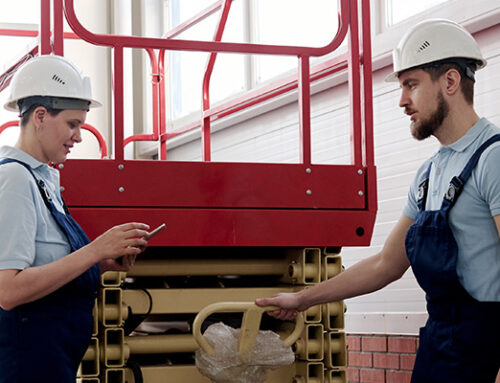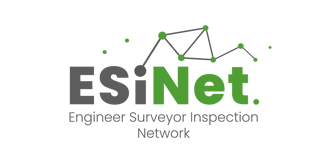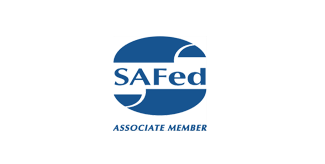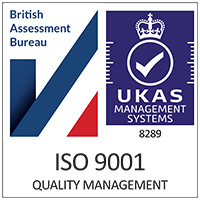Pressure systems are an essential part of many industrial and commercial processes — from air compressors and steam boilers to gas storage vessels. However, these systems can pose serious risks if not properly managed. Explosions, equipment failure, and hazardous releases can all result from poor maintenance or oversight.
This is why the Pressure Systems Safety Regulations 2000 (PSSR) exist. Understanding what these regulations cover and how to comply with them is key to keeping your people safe, your operations running smoothly, and your business on the right side of the law.
What Are the Pressure Systems Safety Regulations (PSSR)?
PSSR is a UK regulation that applies to pressure systems containing a “relevant fluid,” such as:
-
Steam
-
Compressed air or gases
-
Liquids kept under pressure above their boiling point
The aim of PSSR is to prevent the risk of explosion or release of stored energy that could cause injury or damage. The regulations place legal duties on owners, users, and managers of pressure systems to ensure that these systems are properly examined, maintained, and operated.
When Does PSSR Apply?
PSSR applies to pressure systems with the potential to cause danger if they fail. This includes:
-
Steam boilers and pressure cookers
-
Compressed air systems
-
Autoclaves
-
Pressure vessels used in manufacturing or chemical processing
-
Expansion vessels in heating systems
If your business uses or maintains any of these, PSSR likely applies to you.
Key Requirements Under PSSR
To ensure compliance with PSSR, businesses must take the following steps:
1. Have a Written Scheme of Examination (WSE)
Before a pressure system is used, a Written Scheme of Examination must be drawn up by a competent person. This document outlines:
-
Which parts of the system need to be examined
-
The intervals at which examinations must occur
-
The type of examination required
-
Safety precautions needed before inspection
The WSE ensures inspections are systematic, consistent, and aligned with the equipment’s operational risks.
2. Carry Out Regular Examinations
Examinations must be conducted by someone with the necessary qualifications, training, and experience. These inspections are designed to identify defects that could cause equipment failure. Any issues must be addressed before the equipment is returned to service.
3. Keep Accurate Records
You must retain the following documentation:
-
The Written Scheme of Examination
-
Reports from each inspection
-
Evidence of repairs or modifications
-
Operating instructions and maintenance logs
These records should be kept available for review by enforcing authorities or insurers.
4. Train Staff on Safe Operation
Everyone who operates, maintains, or works near pressure systems should be trained to understand:
-
How to use the equipment safely
-
Emergency shutdown procedures
-
Warning signs of equipment failure
Ongoing training helps build a strong safety culture and reduces the risk of human error.
Why PSSR Matters
Ignoring PSSR compliance doesn’t just put people at risk — it can also lead to serious financial and legal consequences. Non-compliance can result in:
-
Fines and prosecution
-
Enforcement notices from the Health and Safety Executive (HSE)
-
Equipment failures and operational downtime
-
Higher insurance costs or denied claims
By following the regulations and maintaining a proactive safety regime, businesses protect both their employees and their operations.
How SIS Ltd Can Help
At SIS Ltd, we provide expert support to ensure full PSSR compliance. Our experienced engineer surveyors can:
-
Develop and review Written Schemes of Examination
-
Carry out detailed inspections of pressure systems
-
Help you maintain accurate documentation
-
Advise on best practices for safe operation
We work with companies across a wide range of industries to ensure their pressure systems are legally compliant and operationally safe.
Need help with a Written Scheme of Examination or a PSSR inspection? Contact SIS Ltd today to schedule a consultation or request more information.











